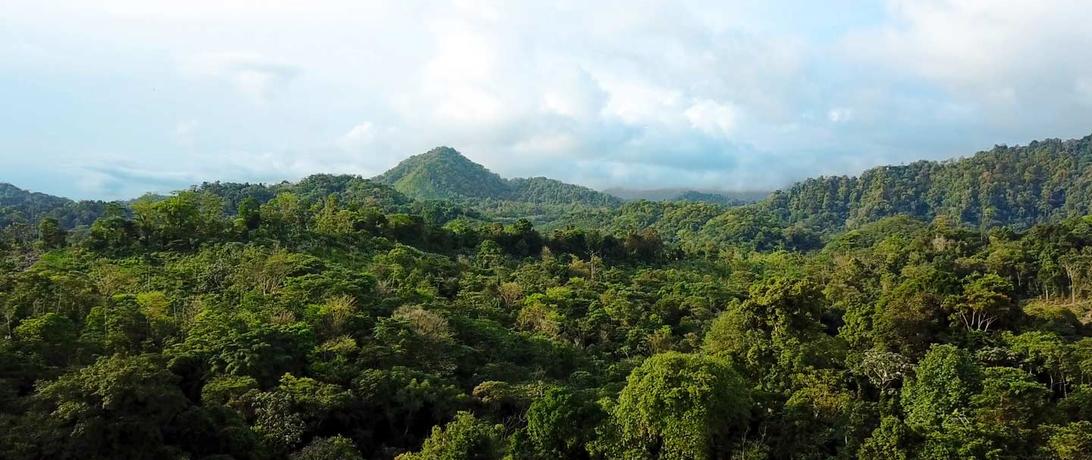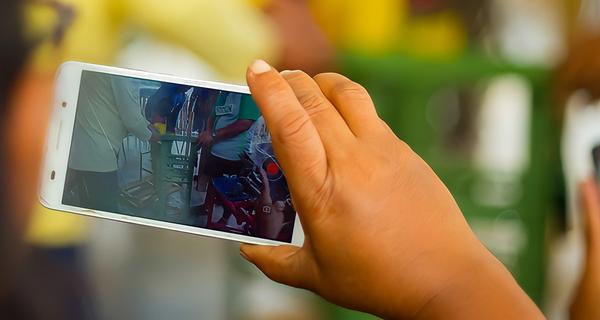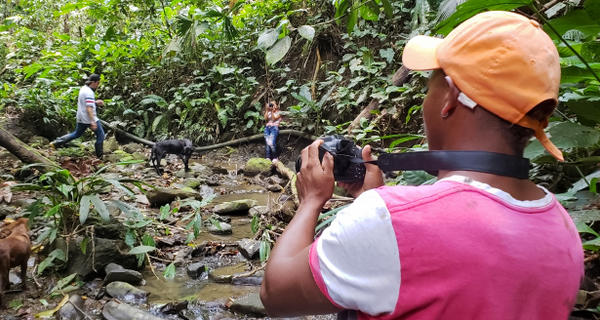The Rural Alternative School (ERA) of Mutatá supports the neighboring communities of the New Reincorporation Area (NAR in Spanish) of San José de León and the peace signatories that make up the Román Ruiz Territorial Training and Reincorporation Area (ETCR), who arrived displaced from Ituango. Both nodes are located on the slopes of the Serranía de Abibe, in a rural area of the municipality of Mutatá, Urabá, Antioquia.
As of 2020, the Mutatá ERA has focused on the technological advancement of the fish farming chain in the San José de León node. To this end, collaboration dynamics have developed between both communities, particularly regarding the production of more profitable, sustainable, and affordable animal feed alternatives. This is why today they are working together in the construction of a natural concentrate plant that will benefit the San José de León fish farming project and whose surpluses will be sold to support the campesino enterprises of this region that has been heavily affected by the armed conflict.
The Mutatá ERA has partners such as the Government of Antioquia, the Antioquia Food and Nutrition Security Management -MANÁ, the Mutatá Mayor's Office, the UN Verification Mission in Colombia, the United Nations Development Program (UNDP ), the University of Antioquia, the Kroc Institute, and the Agency for Reincorporation and Normalization (ARN).
The node of San José del León
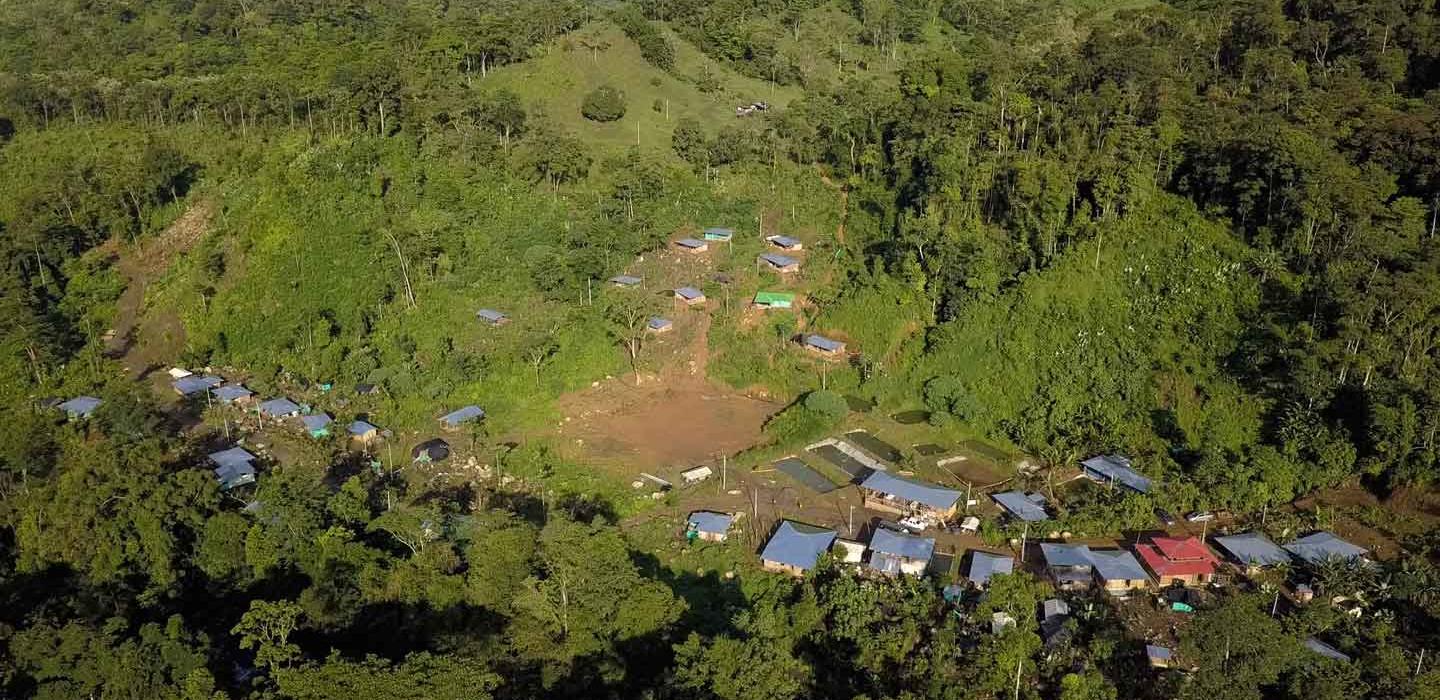
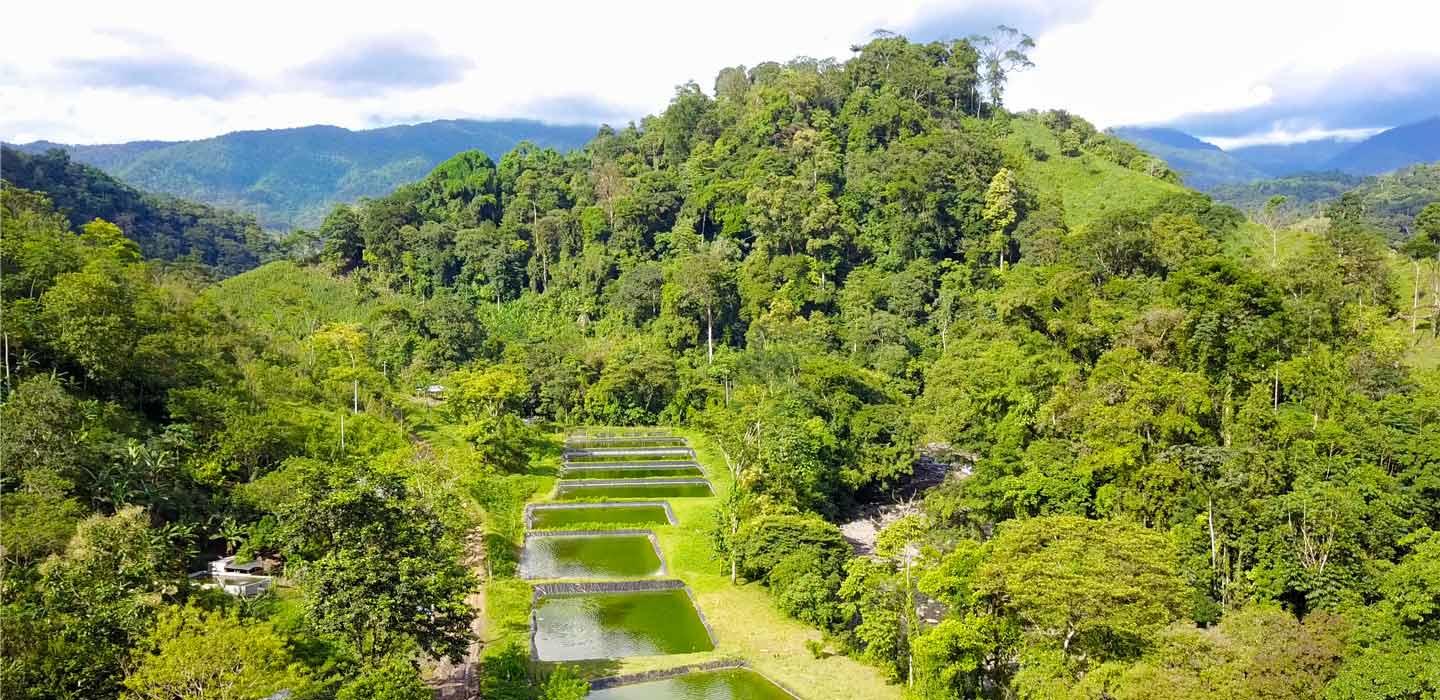
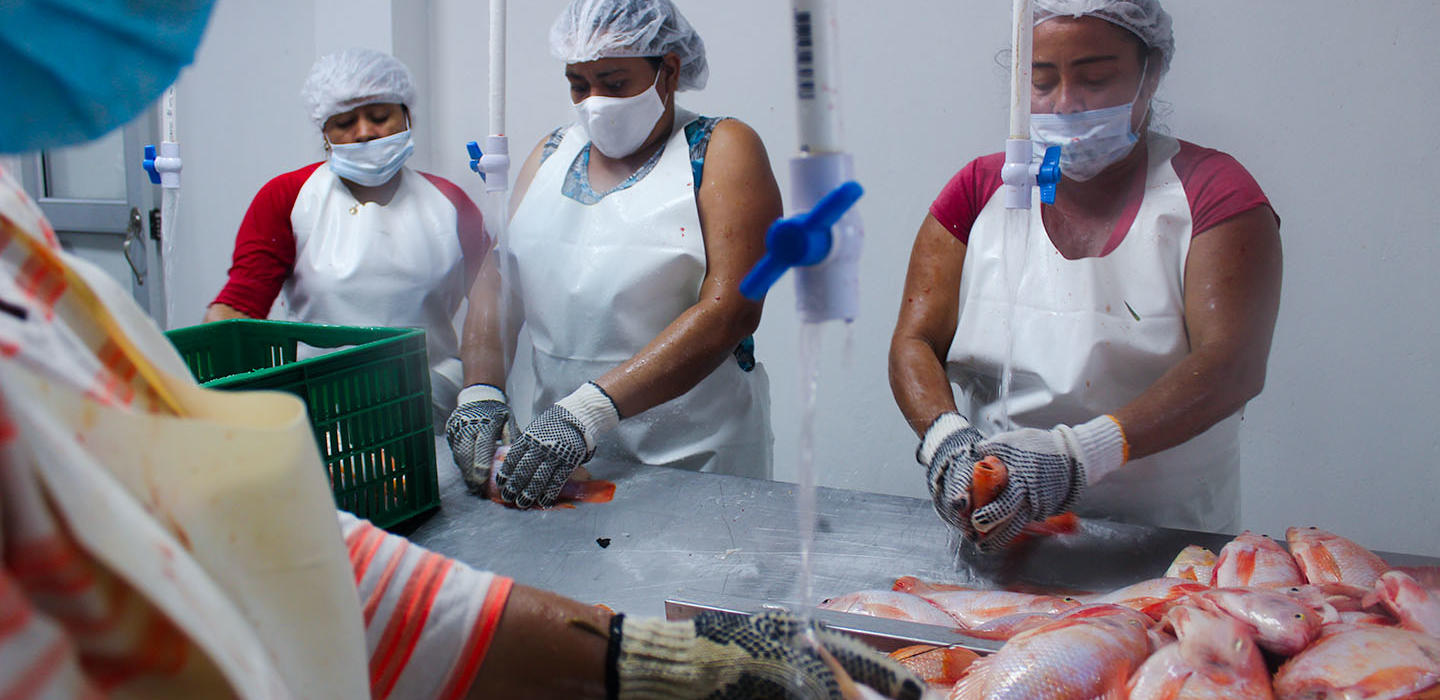
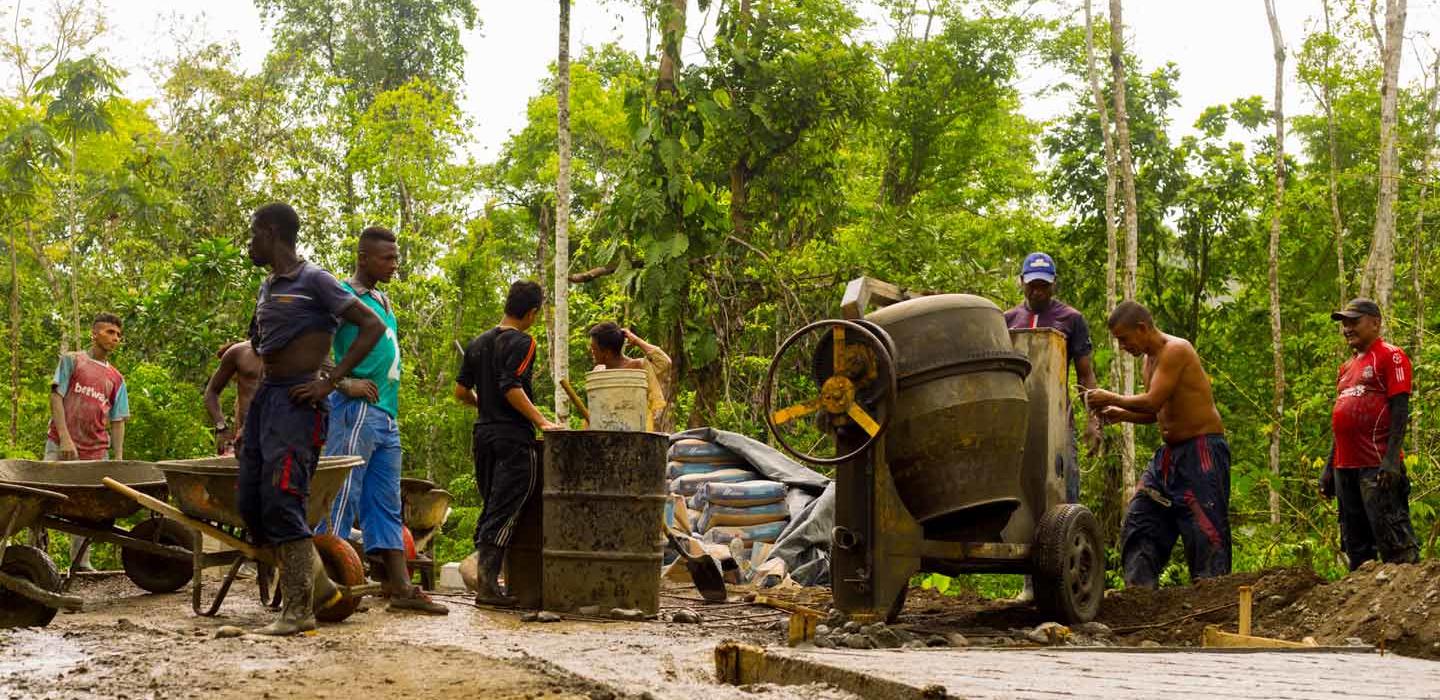
Photos: The San José de León community has grown increasingly organized and committed to its fish farming project.
It was founded in 2017, after a group of 45 peace signatories left the ETCR of Tierralta, Córdoba, in search of land to settle with their families. Together, they purchased 21 hectares of land and they built a settlement with houses, common areas, and 56 fish tanks, between family and community. These tanks are fed by the water from La Fortuna River.
The community's fish farming business is built around these fish tanks, which make use of the area's abundant water resources. Thanks to the inputs provided for the ponds and the continuous support of PASO and other entities, more than three tons of cachama and red tilapia are grown there per month and are sold locally among wholesale and retail partners.
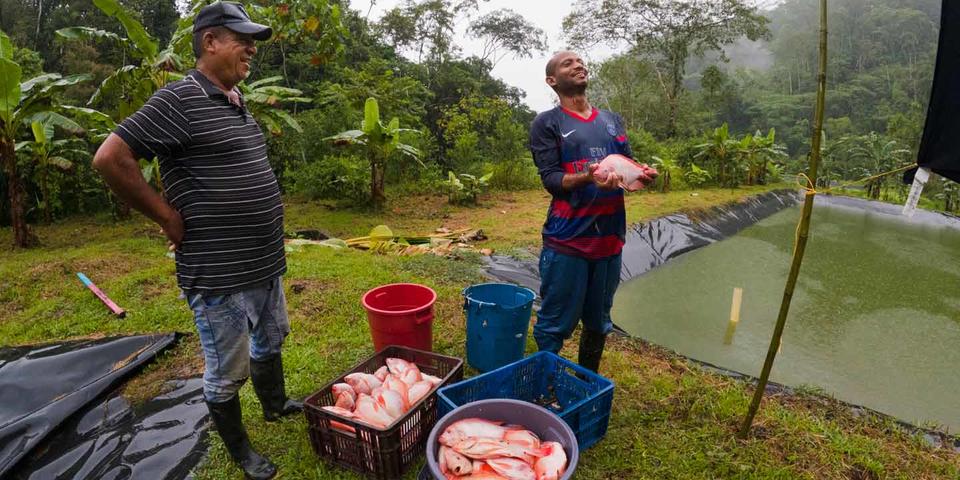
Photo: Peace signatory in charge of food and fishing in the San José de León ponds.
The development of a footprint plate in collaboration with the Mutatá Mayor's Office and the installation of a cold room for fish processing were essential to this. These projects enhanced the evisceration process' quality and aided communication between this region, nearby villages, and the closest towns. In addition to improving the quality of life for the local campesinos and families of ex-combatants who were integrated into the productive initiative, this created the best circumstances for marketing.
The Becuarandó node
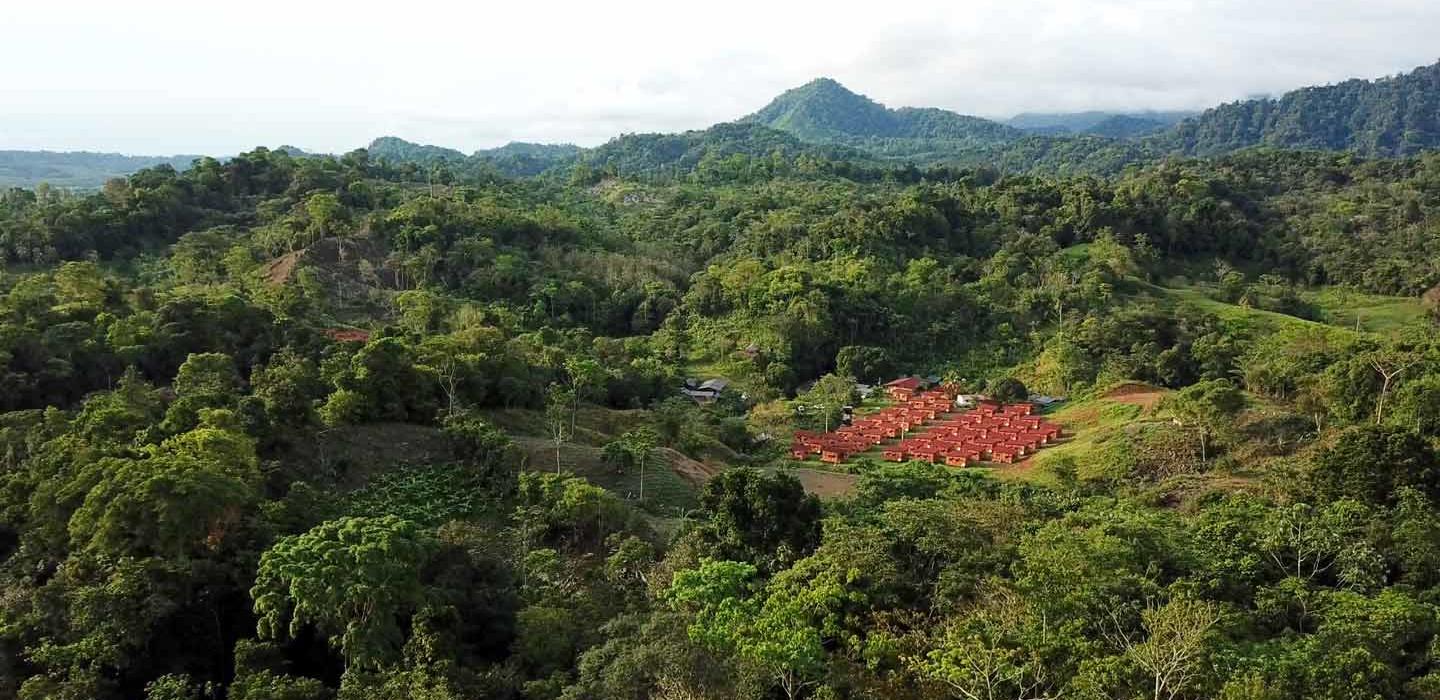
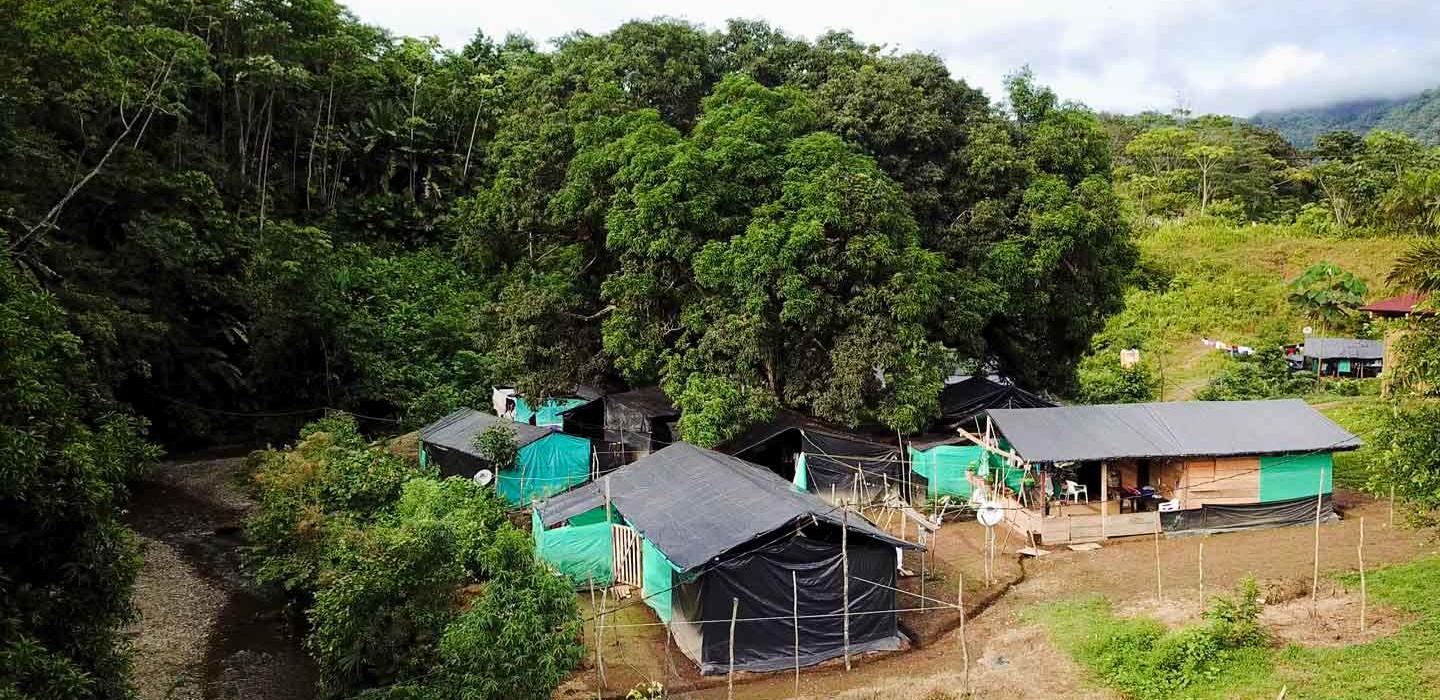
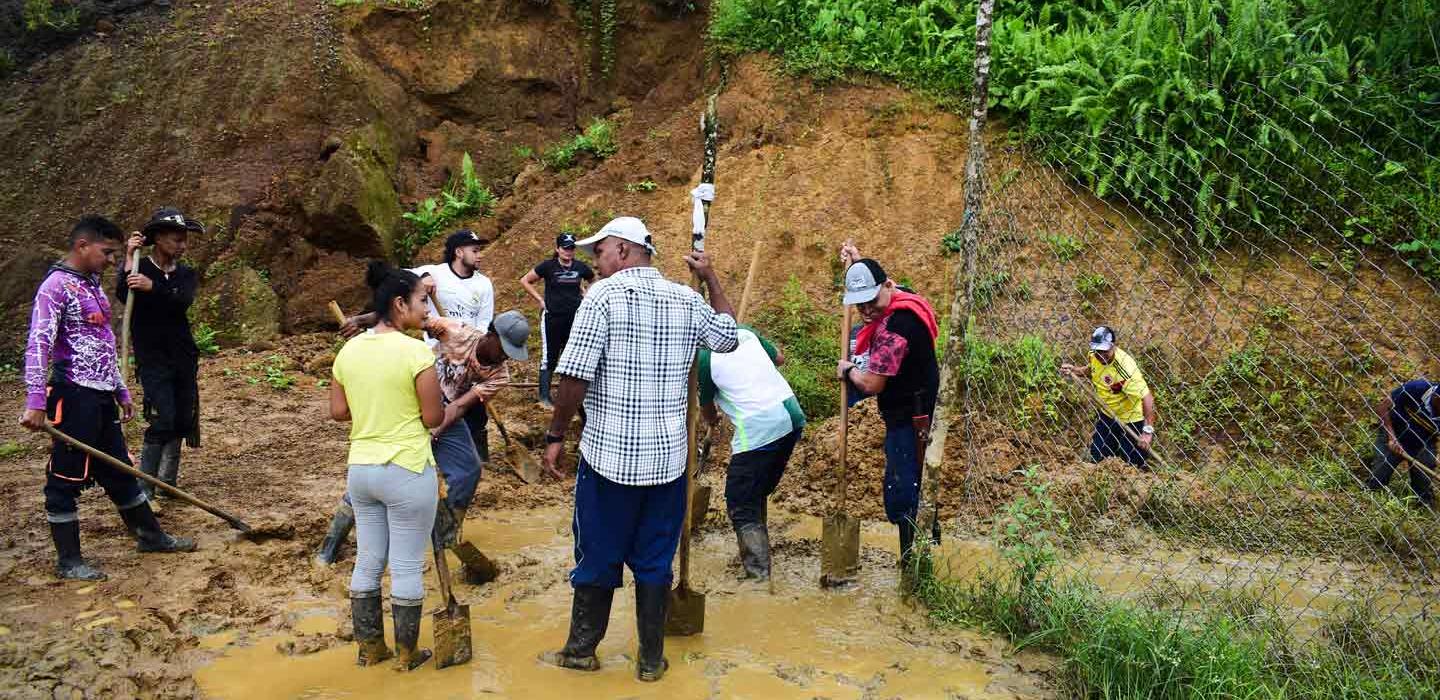
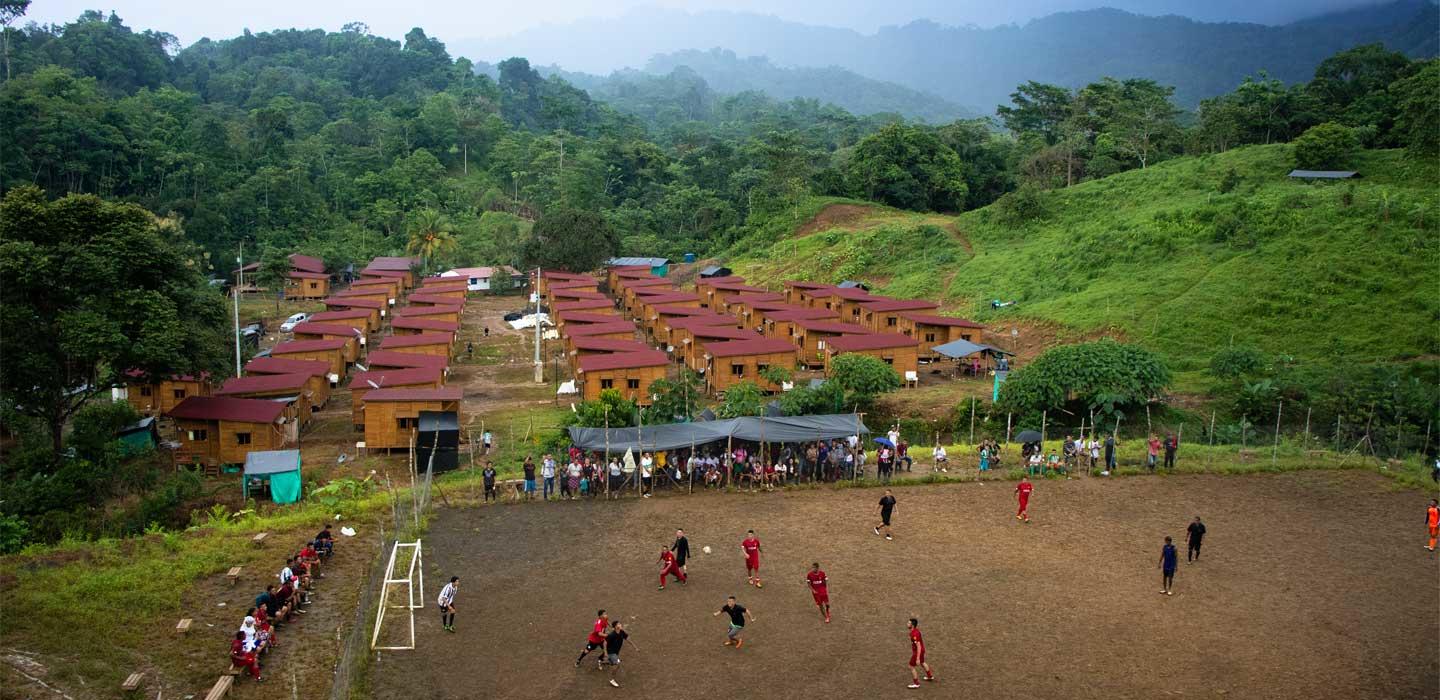
Photos: What began as a village of plastic houses in the middle of the rainforest has become the new home of ETCR Román Ruiz, thanks to the efforts of the community and various institutions.
It began in 2020 when 68 ETCR Román Ruiz peace signatories and their families were forced to leave the Santa Luca village, where the Ituango ERA was active, for security reasons. In a gesture of solidarity, the community established in San José de León supported their arrival with spaces to spend the night and joint work days to prepare the land where they would settle a few minutes away. The two nodes formed bonds of friendship as a result, which have continued to grow stronger over time.
The forced displacement of the ETCR Román Ruiz represented a series of delays for its main productive project: Café Paramillo. Faced with this situation, PASO Colombia promoted strategies to strengthen the ongoing projects, as well as new productive processes in which both nodes could be integrated.
This is how the joint project to build a natural concentrate facility between the two towns got its start. The initiative was initially funded by ERA Communication's #AlimentemosLaPaz (#LetsFeedPaz) campaign, which was then leveraged by PASO Colombia and our solidarity infrastructure partner Bay-build.
As experience in other areas of the country has shown, this project will allow the community not only to produce food with local inputs that will substantially reduce the cost of raising their minor species, but also to have a potentially commercial product. In addition, the plant will be a meeting point where both nodes will test their knowledge in the manufacture of these natural foods, either using vegetable agricultural by-products (such as cassava leaves or cocoa pods grown in the area) or the production of silage from fish viscera with the support of the University of Antioquia.
The contribution of the ERA of Communication to the concentrate plant
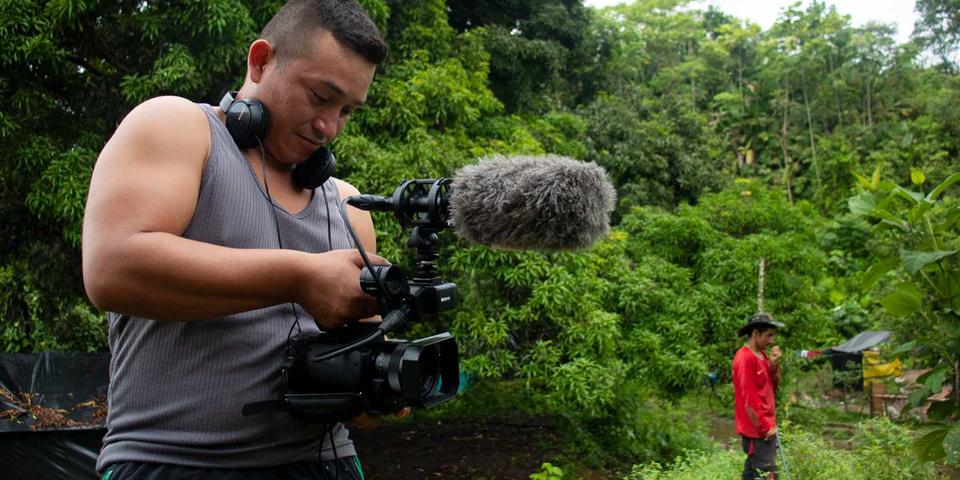
Photo: Eduar is a peace signatory who stood out as a student of the Communications ERA. Today he works as a local communication monitor for PASO.
Thanks to the "Imagining Our Image - INI" 2020 grant awarded by the Ministry of Culture to PASO Colombia, the Communications ERA training project was created. In this project, members of both communities used audiovisual language to tell their own stories of reincorporation and reconciliation, in addition to supporting the marketing of their products. The results include the creation of the AVIVE brand for the San José de León node and the strengthening of the Paramillo brand, previously created in Ituango.
Communications ERA´s audiovisual content was the basis for launching the fundraising campaign #FeedPeace in Rural Colombia, which sought to improve the work opportunities of the community that arrived displaced in Becuarandó. With the support of Bay-Build, the campaign raised USD $6,000, which is being used to build a natural animal feed factory on the premises of the Becuarandó node.
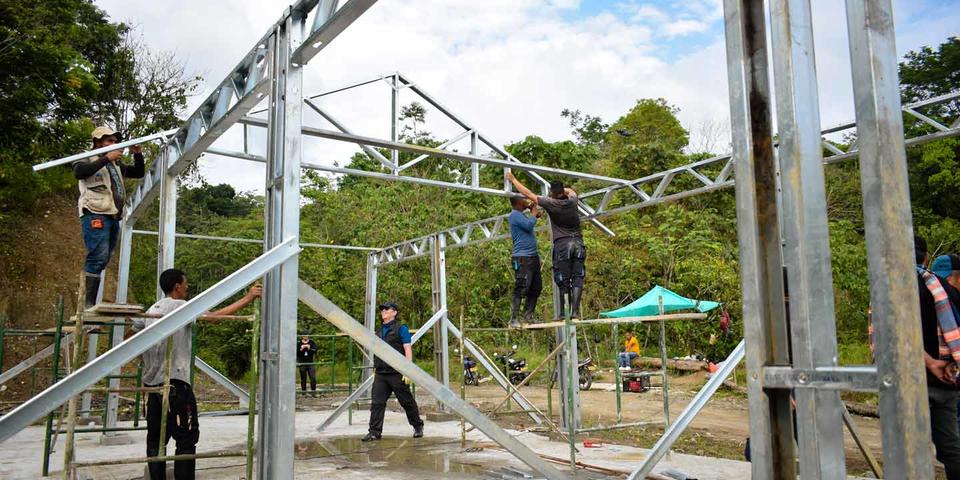
Construction of the natural concentrates plant at the Becuarandó node. Photo taken by Eduar on behalf of PASO Colombia.
